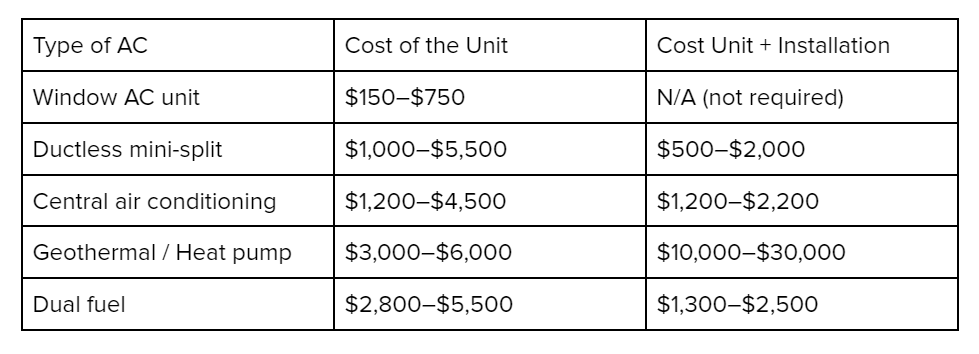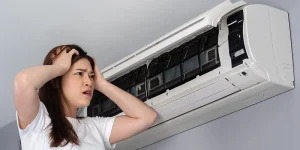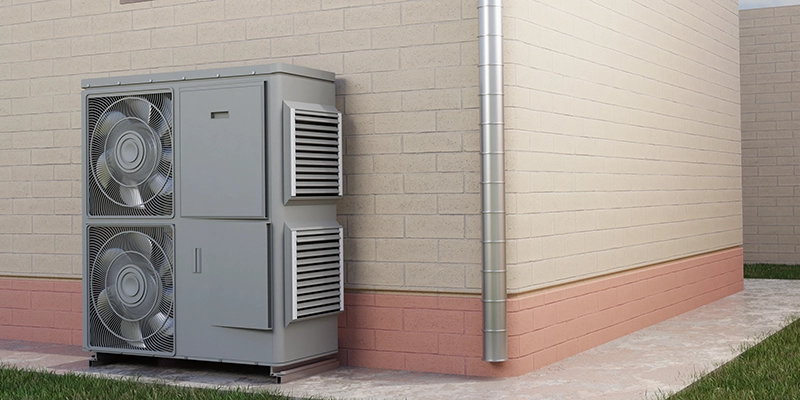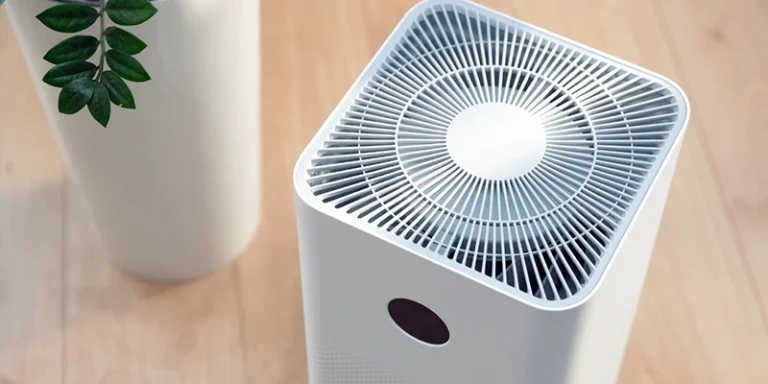Heat pumps pass refrigerants through the different components to remove unwanted heat and improve energy efficiency. Since refrigerants are toxic and flammable, there are heavy regulations in place to ensure they don’t cause harm to people or the environment. But how does refrigerant in heat pumps work, and are there any that have zero ozone depletion potential?
What’s Heat Pump Refrigerant, and How Does It Work?
This liquid (or in some cases, gas) is used in the refrigeration cycle to remove unwanted heat from locations such as the compressor, condenser, evaporator, and expansion device. The most common refrigerants have a low boiling point (at least when compared to water) and can evaporate quickly. This is why they are so efficient; because they use minimum thermal energy to cool the components.
Is Air Conditioning Refrigerant Bad for the Environment?
- Most refrigerants are not just toxic; they are also flammable and have a significant global warming potential. This is why these liquids are heavily regulated by authorities.
Are There Refrigerants With Low Global Warming Potential?
- The short answer is yes! The ideal refrigerant is non-toxic and non-flammable, as well as eco-friendly and recyclable. Older heat pump systems required refrigerants made with sulfur dioxide, methyl chloride, or ammonia. The next generation of products, however, see compounds that lack chlorine and have a much lower environmental impact.
The Problem With Traditional Refrigerants CFC and HCFCs
- Certain refrigerants were commonly used in heat pumps. Two main earlier blend examples are CFCs (or halocarbons) and HCFCs (or hydrohalocarbons). Unfortunately, both substances have been proven to be harmful to the environment and are now listed on a phase-out plan under the Montreal Protocol implemented in the 1990s.
- Refrigerants that use substances that exist in nature are called natural refrigerants. These natural chemical compound liquids usually have a lower impact and are excellent options for long-term cooling system refrigerant replacement.
Benefits of Using Environmentally Friendly Refrigerants
If you notice your heat pump has short cycles, an ice build-up, or is becoming less efficient, you might be facing a refrigerant leakage issue. By being aware of this problem, you will be able to take preemptive measures and keep your heat pump in good condition.
Common signs of refrigerant leakage include:
- Ice buildup on the evaporator coil: Moisture from the leak can form ice and affect the functioning of the heat pump. As a short-term solution, you can scape off the ice. Then, call an HVAC technician.
- Inefficient pumps: Perhaps the clearest sign of a problem with your refrigerant, an inefficient heating, and cooling system, hints at an issue with this liquid.
- Short cycles in your heat pump: If your unit runs erratically, this might mean your refrigerant is leaking. An abnormal pattern means you need to immediately check the system.
- Rise in humidity indoors: When you notice humidity in your home, you are most likely witnessing the dehumidification process failing – which implies you might have a refrigerant leak.
What to Do If You Have a Heat Pump Refrigerant Leakage
Here’s the average price for each type of air conditioning solution and their costs:

Our Services
Hawthorne PHC is a company based in Nevada and specializing in plumbing and HVAC systems. If you have issues with your heat pump refrigerant or air conditioning, don’t hesitate to contact us. We offer same-day service to all customers. Call (844) 236-0190 to get a free quote.
Looking for more information on home repairs? Check out our related articles below for more tips and advice.








